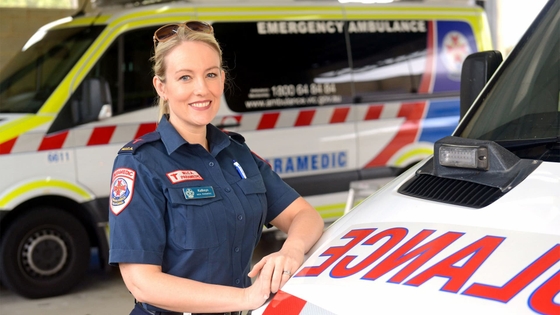Reducing post-acute coronary syndrome emergency visits
Dr Kathryn Eastwood, Monash University
2021 Postdoctoral Fellowship
Years funded: 2022-2023
Relatively high rates of hospital readmission exist in people discharged from hospital with Acute Coronary Syndrome (ACS) within 90 days. However, almost nothing is known about unplanned emergency services (ambulance and emergency department) presentations within 90 days of discharge. Increasing demand for emergency services, particularly for conditions not requiring urgent care, delays life-saving care for those in urgent need. This project will examine 5-years of unplanned re-presentation/admissions to ambulance, ED and hospital to determine how often, who and why people re-present. Interviews with ACS patients who re-present will provide information on the gaps in care and education leading to re-presentation/admission. Study outcomes will include strategies and recommendations to reduce unnecessary healthcare use and inform care pathways and education to avoid re-presentation.
You might also be interested in...

Q&A with Dr Kathryn Eastwood
Exploring strategies to keep people who have had a heart attack or angina out of hospital

Acute coronary syndromes (ACS) clinical guidelines
Guidelines for acute coronary syndromes for clinical care of patients presenting with suspected or confirmed ACS.

Webinar: Driving best practice CVD prevention in a post-COVID world
Last year we saw patients postpone or forgo a wide variety of services, ranging from emergency treatment of acute conditions, to routine check-ups, like Heart Health Checks. Primary care clinicians face a backlog of patients in need of preventative and chronic disease related cardiovascular care. Even during a period of competing priorities, the prevention and management of cardiovascular disease has never been so critical.
Last updated12 March 2024